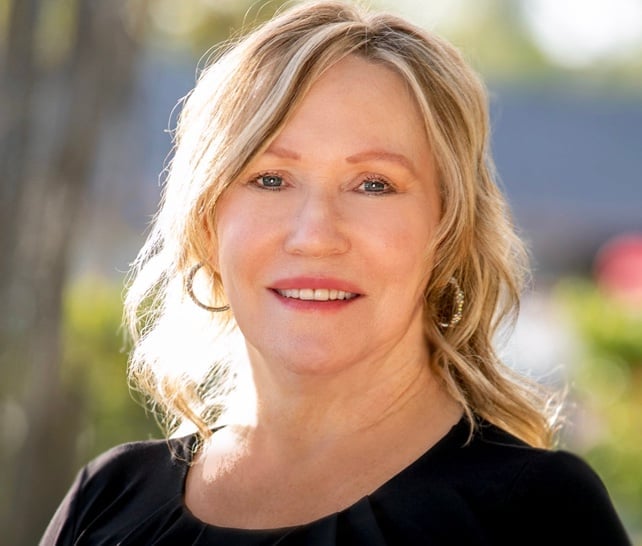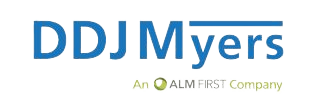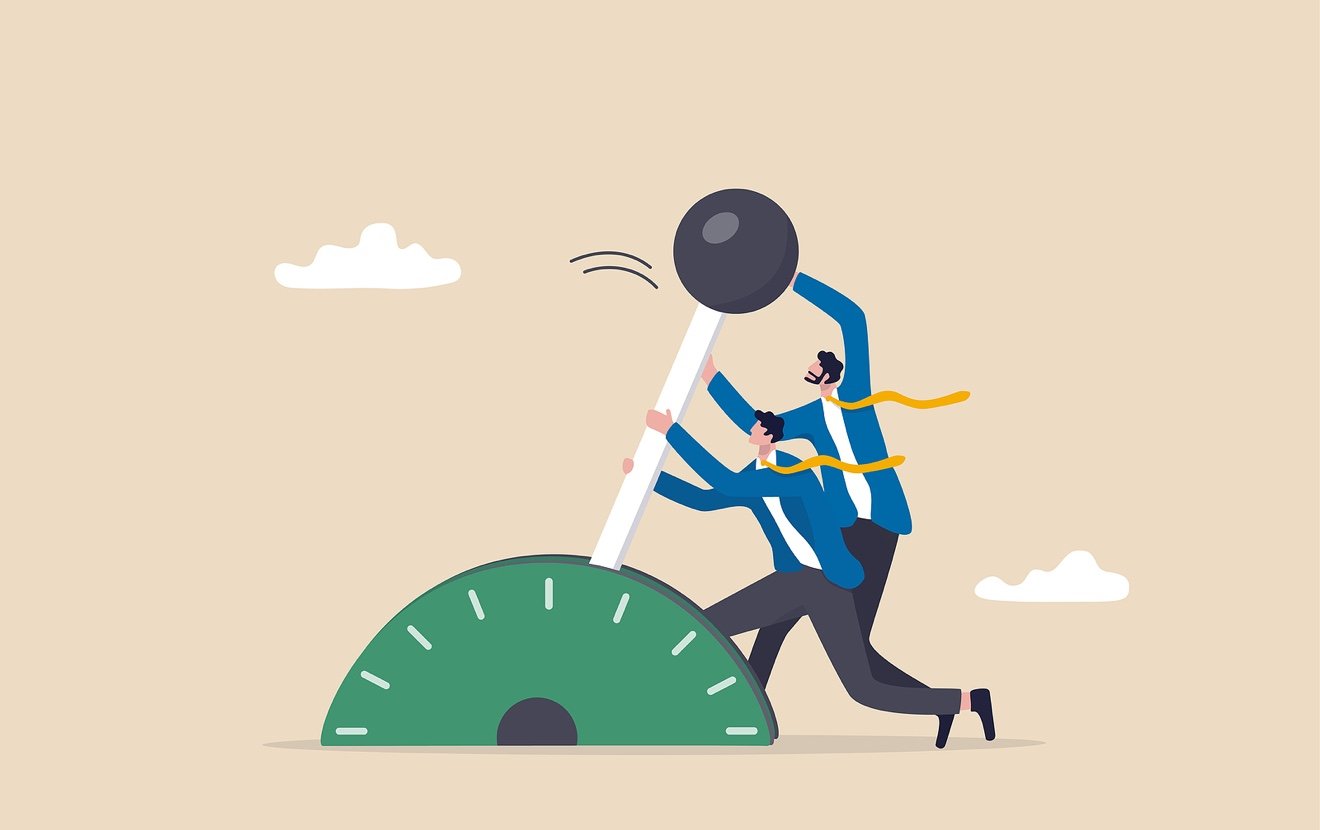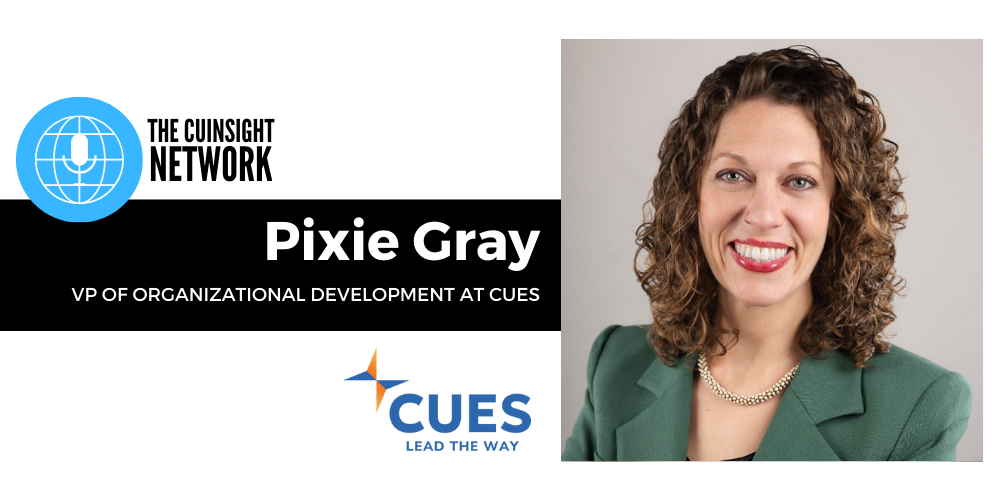Change is happening at an increasing rate, and for many credit unions, if they haven’t already been operating as a high-performing organization, it can be very difficult to catch up. This is leading to burnout at all levels.
Some of these changes are happening “to us” because of AI, digitization, increased competition, remote working, higher expectations for speed and ease-of-use by members of Gen X and Gen Y, and rapid interest rate fluctuations, to name a few. Yet, other changes are caused by strategic decisions to help credit unions stay on top of the curve, such as merging and/or acquiring other financial institutions, implementing new technology platforms, reducing expenses, utilizing data in new ways, and/or expecting more accountability from staff and leaders.
Regardless of what the changes relate to or why it is changing, one thing remains constant. If the changes are not managed in an effective and meaningful way, it can be detrimental to the organization’s culture, employee morale, retention, member’s experience, and the credit union's growth.
So, how is a leader supposed to prioritize and manage all of these changes while also paying attention to the pulse of the organization, the staff, and the members? It’s not an easy task and it puts a lot of pressure on leaders to implement changes quickly. The problem is that all changes lead to the front-line staff so even though a handful of leaders may only have a small number of changes, each of those changes becomes exponential as the direct and indirect effects make their way down to the front-line workers. If not handled properly, this can have a negative impact on the organization.
To be successful, it is important to utilize a change management approach that is appropriate for your respective organization and culture. Ideally, doing an assessment of the organization can determine the change readiness and serve as valuable input for your human resources and/or learning and development departments to create a strategic plan to manage and systematically orchestrate everything in a meaningful and effective way.
A solid change-management plan encompasses the following:
- Alignment and prioritization with the future vision and respective strategic goals
- A solid milestone plan with project-management capability
- A cascading communication plan with clear roles as to who should communicate what, to whom, how, and when, with standard templates and agreed-upon language
- Thoughtful training for those impacted by the changes with meaningful metrics ensuring the training effectively accomplishes the desired outcomes
- An organizational design plan that considers the current state and future state along with a gap-closure plan
- An internal infrastructure that provides leadership the opportunity to be transparent and develop and engage staff in problem-solving on a regular basis
At the end of the day, the most important asset and investment in any organization is the people. Although the accounting system can justify hard savings and expense reductions, it cannot account for the more meaningful, intangible, qualitative impacts of training and development, engagement, excitement, respect, morale, and culture. The employees and culture can make or break an organization.
How we behave and what creates the culture is a direct result of leadership, vision, metrics, reward systems, processes, and how we treat each other. Credit unions differ from other financial institutions because of their purpose, which is a positive differentiator. In today’s highly competitive and ever-changing environment, be mindful of the short- and long-term impacts of decisions while staying true to the mantra, “people helping people.”
A solid change management philosophy and approach is instrumental in an organization’s long-term viability. CEOs and executives are models of the behavior needed to enact a change management program. Ask yourself, “What am I modeling today?”








